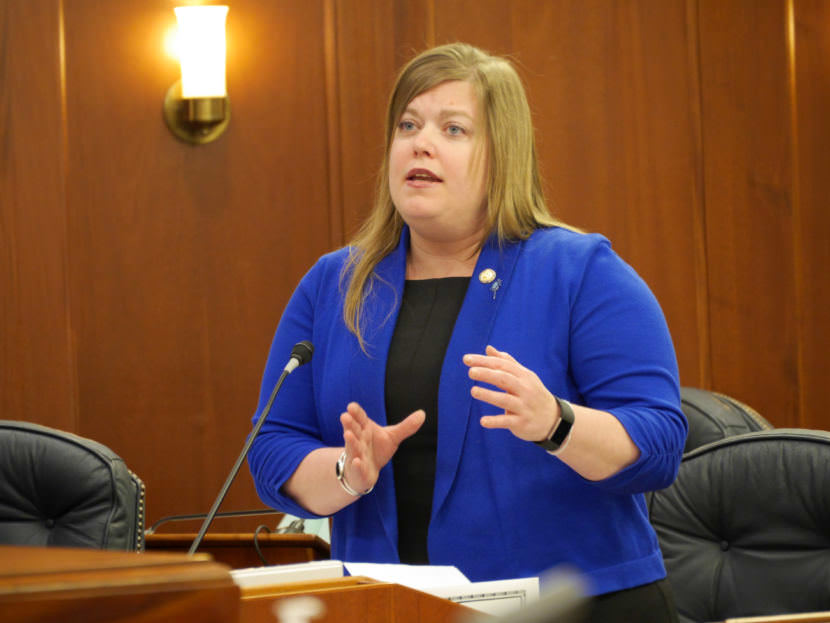
Naturopathic doctors in Alaska are seeking expanded authority to treat patients, despite legal setbacks and mixed reviews from medical experts.
Naturopathy is a controversial form of alternative medicine.
Critics say the treatment mixes pseudoscience and folk remedies with evidence-based medicine and is banned in two states.
Proponents counter that while the treatment draws on traditional healing methods, it does not discount modern science.
More than a dozen states give licensed naturopathic doctors limited prescribing powers, allowing them to treat many ailments normally treated by physicians.
Alaska is not one of those states.
Licensed naturopathic doctors in Alaska can swab a patient’s sore throat for strep, but they can’t prescribe antibiotics to treat it or stitch up wounds.
Their medical privileges are lower than that of a nurse practitioner or physician assistant.
The Alaska Association of Naturopathic Physicians filed a lawsuit to overturn these restrictions.
The case went all the way to the Alaska Supreme Court, which upheld the rule earlier this month.
“The recent court case seeks to restore a small area of our scope of practice that was changed in 2014 by regulatory interpretation,” said AANP President Abby Lane, one of 50 naturopaths practicing in the state. “Of course, we respect the ruling, but there remains a large gap between what naturopaths are trained to do and what we are permitted to do.”
House Bill 326 and Senate Bill 120 would effectively overturn the court’s ruling.
More than 60 patients wrote letters of support.
Jody Oakes told deputies she suffered from chronic headaches last summer but didn’t take the medication her doctor prescribed and instead sought alternative treatments.
“I have been migraine-free since October 2017 and I believe this is due to the treatment I have received from my naturopathic doctor,” Oakes testified.
Doctors gave their opinions from both sides.
“I’ve seen the patients they’ve treated, and I think they’re doing a good job in their specialty,” said Fairbanks physician Peter Rollason, president of the Alaska State Medical Association, which opposes the bill.
But Lawson said he was skeptical that naturopathic doctors are adequately trained to prescribe the medication.
“Four years of post-graduation study is a good thing, but apparently this varies quite a bit across universities and states,” Lawson said. “That would make it the equivalent of a medical school degree.”
Other physicians also testified in support of the bill and the medical profession.
“Throughout my career in Alaska, I’ve had the opportunity to work with many naturopathic physicians and have always felt they were well trained in what they do,” said Alan Gross, a physician with Affordable Care, Inc. “I believe this bill will improve both access to and competition in health care, lowering the cost of health care, which is the biggest issue facing Alaska right now.”
The House bill was sponsored by Anchorage Democrat Geran Tarr.
A companion Senate bill was introduced last year by Anchorage Republican Cathy Giessel but has not yet been debated.

